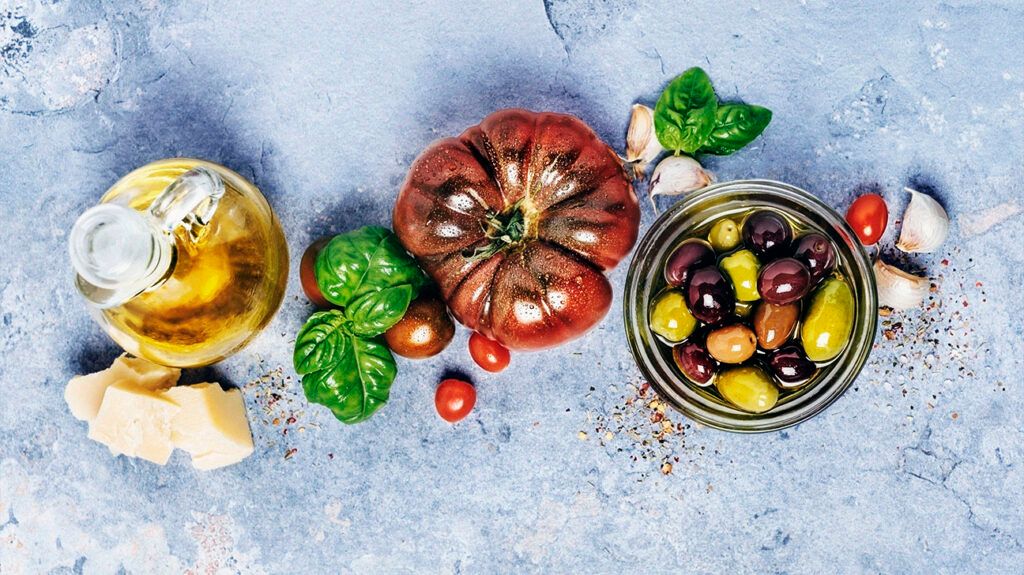New Zealand Expands Food Database to Include Traditional Māori and Ethnic Foods

New Zealand's updated food composition database now includes traditional Māori foods like rēwena and ethnic staples such as natto and paneer, reflecting the country's diverse dietary landscape and supporting better nutritional understanding.
The latest update to New Zealand's comprehensive food composition database, developed collaboratively by Plant & Food Research and the Ministry of Health, offers more than just nutritional numbers. It now includes insights into foods that hold cultural significance and their impact on diets across the country.
For the first time, traditional foods such as Māori bread (rēwena) and ingredients like natto, paneer, jackfruit, and lentils are incorporated into the database. These additions are complemented by popular supermarket staples, including lactose-free yogurts and dairy-free cheeses, reflecting evolving consumer trends.
The database's expansion involves the addition of 191 new or revised food records, each with detailed nutrient profiles covering macro-nutrients such as proteins, carbohydrates, and fats, as well as micronutrients like minerals and vitamins. This ensures a more accurate representation of the diverse diets consumed in New Zealand.
Given New Zealand's increasing multicultural population—nearly a third of residents are born overseas and the Asian community is growing rapidly—the updated database captures a broad spectrum of foods relevant to different cultural groups. This includes ethnic staples like natto (fermented soybeans) and paneer (Indian cheese), alongside traditional Māori foods.
The update also emphasizes plant-based and allergen-friendly foods, including high-protein options and novel products emerging in markets. Incorporating foods like rēwena bread, which is higher in protein and dietary fiber than typical white bread, and affordable protein sources such as black beans and lentils, emphasizes dietary quality and diversity.
Food data is collected nationwide, with samples analyzed independently to quantify their macro- and micronutrient content. This continuous process ensures the database remains current, comprehensive, and relevant for healthcare professionals, food industry stakeholders, researchers, and policymakers.
The enriched database now includes 2,857 foods and 434 nutrient components, providing an extensive resource for dietary surveys, nutritional research, and educational initiatives. It supports efforts to promote healthier eating habits, such as increased fruit and vegetable consumption, and informs product development and regulation.
With the inclusion of detailed nutrient profiles for many new foods, the database offers deeper insights into how different foods contribute to overall nutrition. For example, Māori rēwena bread, which contains potato, delivers more protein and fiber than standard white bread, while plant-based options like jackfruit provide low-fat, meat-like textures suitable for vegetarians.
Updated every two years, the database keeps pace with changing food preferences and consumption patterns in New Zealand. It serves as an essential tool for tracking national nutrition trends, supporting dietary guidelines, and ensuring culturally relevant food choices are accurately represented.
Source: https://medicalxpress.com/news/2025-06-nz-diet-mori-bread-jackfruit.html
Stay Updated with Mia's Feed
Get the latest health & wellness insights delivered straight to your inbox.
Related Articles
Dietary Patterns Like the Mediterranean Diet May Reduce Dementia Risk, Especially in Women
Emerging research shows that diets like the Mediterranean and MIND diets may significantly reduce the risk of dementia, particularly in women and older adults. Discover how healthy eating can protect your brain.
The Hidden Dangers of Ultra-Processed Foods and Their Impact on Health
Ultra-processed foods are widespread and contribute to serious health risks like heart disease and inflammation. Learn how these foods impact your health and what policies are being proposed to curb their consumption.



